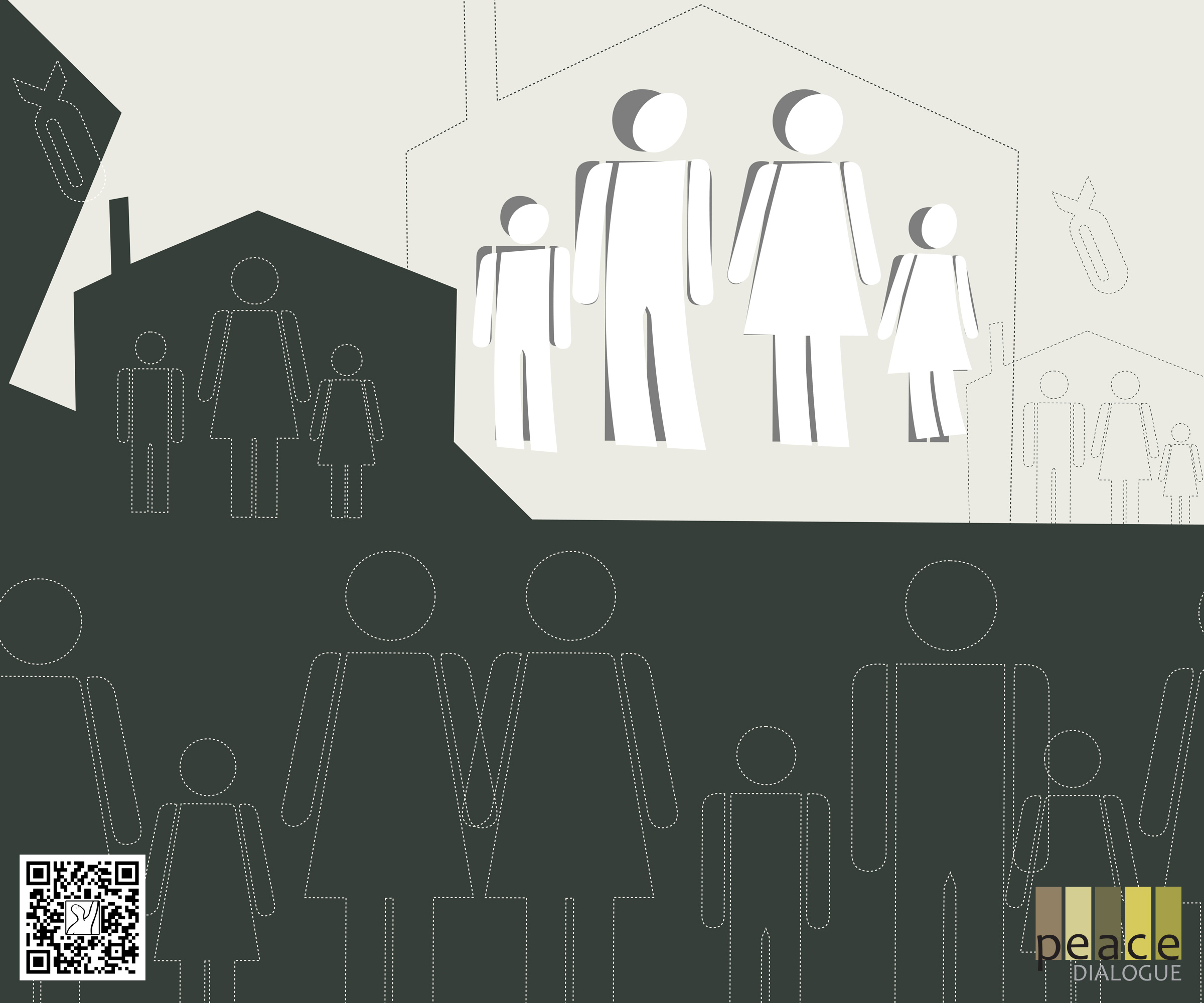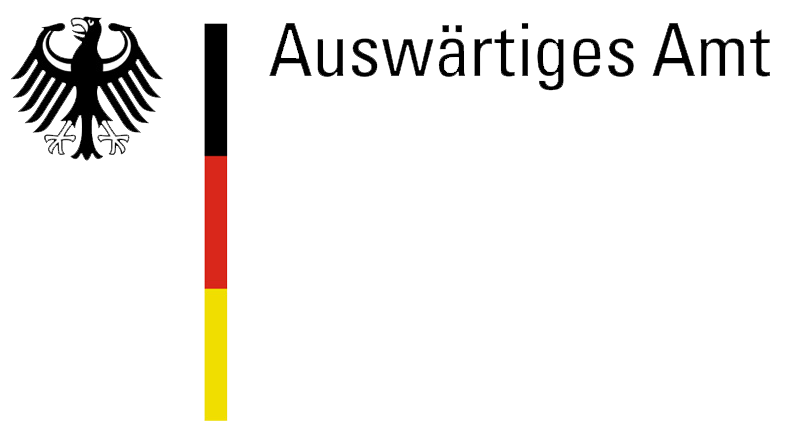
© 2021. ILLUSTRATION BY PEACE DIALOGUE
Brief study description
On 27 September, 2020, the Azerbaijani armed forces launched a large-scale missile, artillery and aerial attack along the entire Karabakh-Azerbaijani contact line. Martial law and general mobilization were declared in Armenia and Nagorno-Karabakh. Forty-four days of heavy and bloody fighting ended with a trilateral agreement (between Russia, Azerbaijan and Armenia) signed on 10 November and mediated by the Russian Federation. According to the agreement, the conflicting parties remained in the positions they were in at the moment of signing the ceasefire. This agreement also set deadlines, during which the Armenian side undertook to withdraw the Armenian armed forces from the seven Azerbaijani regions adjacent to Nagorno-Karabakh. As a result of the war and the signed agreement, the Hadrut region (except for the villages of Hin Tagher and Khtsaberd, whose situation changed a month later, after an incident on 13 December) as well as Shushi town with adjacent villages came under the control of Azerbaijani armed forces. A total of 120 settlements previously inhabited by Armenians remained under the Azerbaijani control at the time of the ceasefire. Russian peacekeeping forces were deployed to Nagorno-Karabakh.
From the very first day of the military actions, thousands of residents were evacuated from the above-mentioned settlements, as well as from other communities of Nagorno Karabakh, including the capital of Stepanakert. The displaced people found refuge in different settlements of the Republic Armenia’s regions.
The current study was conducted by Peace Dialogue NGO in order to identify the needs of those displaced as a result of a large-scale armed attack on Nagorno-Karabakh on 27 September, 2020. It aims at finding out the issues related to human rights (including the right to life, property, health, education), as well as legal, gender and peace-building spheres that the people of Nagorno-Karabakh faced during and after the evacuation to their temporary or permanent residence.
In the scope of this study the following questions were considered:
The process of evacuation:
- Who organized and assisted with the evacuation of the respondents?
- Did the displaced families have the opportunity to be reunited with other family members who were not evacuated to Armenia with them?
Access to documents of all kinds and legal aspects:
- Did the displaced people have the opportunity to take their IDs, other types of documents, valuables and clothing during the evacuation?
- Have the displaced persons received any status and any official document confirming that status?
- Have they encountered legal issues in their current places of residence?
Social-economic situation
- Have families who have had a family member injured, dead or missing as a result of military operations received adequate state support?
- What health, education and food services have the displaced families received at their place of residence?
- Do the displaced persons have jobs or are they engaged in any other type of economic activity? What is their current source of income?
Effects of the war on the displaced persons
- Have any psychological problems been observed among the displaced family members?
Future perspectives
- Are they going to return to their former settlements (if possible) or settle in another place in Nagorno-Karabakh?
- Do they consider the coexistence of the Armenian and Azerbaijani populations possible in the near future or later?
- What expectations do the respondents have regarding the final resolution of the Nagorno-Karabakh conflict?
- What are the main issues that the respondents have faced or may face as women or men?
 You can download the full report in English under the link below.
You can download the full report in English under the link below.
Families Displaced from Nagorno-Karabakh as a Result of the 2020 Karabakh War (PDF, 742 Kb).
© 2021. This publication was prepared in the framework of the project CONTACT 2.0: Equipping Young People from Nagorno-Karabakh Conflict-Affected Area with Social Media Skills to Reframe Prospects for Peace of Peace Dialogue NGO.
 The Project’s German Partner – OWEN – Mobile Akademie für Geschlechterdemokratie und Friedensförderung e.V.
The Project’s German Partner – OWEN – Mobile Akademie für Geschlechterdemokratie und Friedensförderung e.V.

The project CONTACT 2.0
is supported by the zivik (Civil Conflict Resolution) programme of the Institute for Foreign Cultural Relations (ifa) with means from the German Federal Foreign Office.




